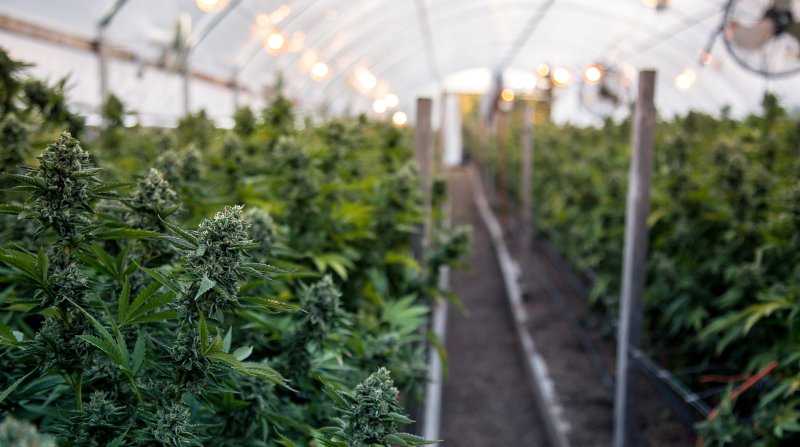
MEEA Webinars
-
Cannabis cultivation is an energy-intensive sector: energy consumption per square foot for indoor grow operations is about ten times that of a typical office building. Production (and consumption) of marijuana has been growing rapidly, especially in the 10 states with legalized recreational marijuana. For example in Denver, Colorado, the legal cannabis industry currently accounts for about 4 percent of the city’s total electricity consumption. At the same time, the illicit production of marijuana in the U.S. continues to account for more than half of all U.S. marijuana production.
There are many cost-effective opportunities for cannabis grow operations to reduce energy consumption per gram of product, and many energy efficiency programs have been successful in helping the industry. In this one-hour webinar, several nationally recognized experts will discuss policies and programs to help the legal cannabis industry reduce its energy and carbon impacts, while also helping the industry to thrive. This webinar is organized by the Southwest Energy Efficiency Project (SWEEP).
AGENDA
- Neil Kolwey, SWEEP
- Brief overview of energy consumption for MJ cultivation
- Energy efficiency (EE) opportunities for indoor grows and greenhouses
- What good utility, state and local govt. programs can do to help
- Derek Smith, Resource Innovation Institute (RII)
- Benefits of good EE policies
- Examples of regulatory approaches in MA and CA
- Benchmarking and RII power score
- Jacob Policzer, Cannabis Conservancy
- The role of sustainability certifications in marketing and demand for EE products
- Current cannabis energy efficient certifications
- 3rd party certification requirements
- Adam Bartini, Energy Trust of Oregon
- Energy efficiency offerings serving the cannabis sector
- Summary of results
- Case study
SPEAKERS
Derek Smith is Executive Director of Resource Innovation Institute, a non-profit organization advancing a resource efficient future for cannabis through aggregating consumption benchmark data and advocating for policies and incentives that drive conservation. Before RII, he led Clean Energy Works, recognized as one of the most successful American Recovery & Reinvestment Act ("stimulus") programs. Derek has testified to the US Senate Energy Committee and briefed the US Secretary of Energy.
Jacob Policzer is the Co-Founder and Director of Science and Strategy for The Cannabis Conservancy, a standards development and certification body. Jacob has been a leader in promoting environmental, economic, and social sustainability in the regulated cannabis industry for the last five years. He is also an active member of Denver’s Cannabis Sustainability Workgroup as well as NCIA’s Cannabis Cultivation Committee.
Adam Bartini is a Senior Program Manager at the Energy Trust of Oregon, an independent nonprofit organization dedicated to helping utility customers benefit from saving energy and generating renewable power. Adam leads program design and implementation of the Production Efficiency program and its custom project track. Adam also plays a lead role in development and promotion of the program’s incentive offerings and technical services for the cannabis industry.
Neil Kolwey is the Industrial Program Director at the Southwest Energy Efficiency Project (SWEEP), where he promotes best practices in utility energy efficiency programs for industrial customers throughout the region. Neil also manages a voluntary program that provides networking and training opportunities to Colorado industrial facilities, and is the author of a recent SWEEP report on energy efficiency best practices for the cannabis industry. Neil is also a member of the steering committee for Boulder County’s Cannabis Energy Impact Offset Fund.